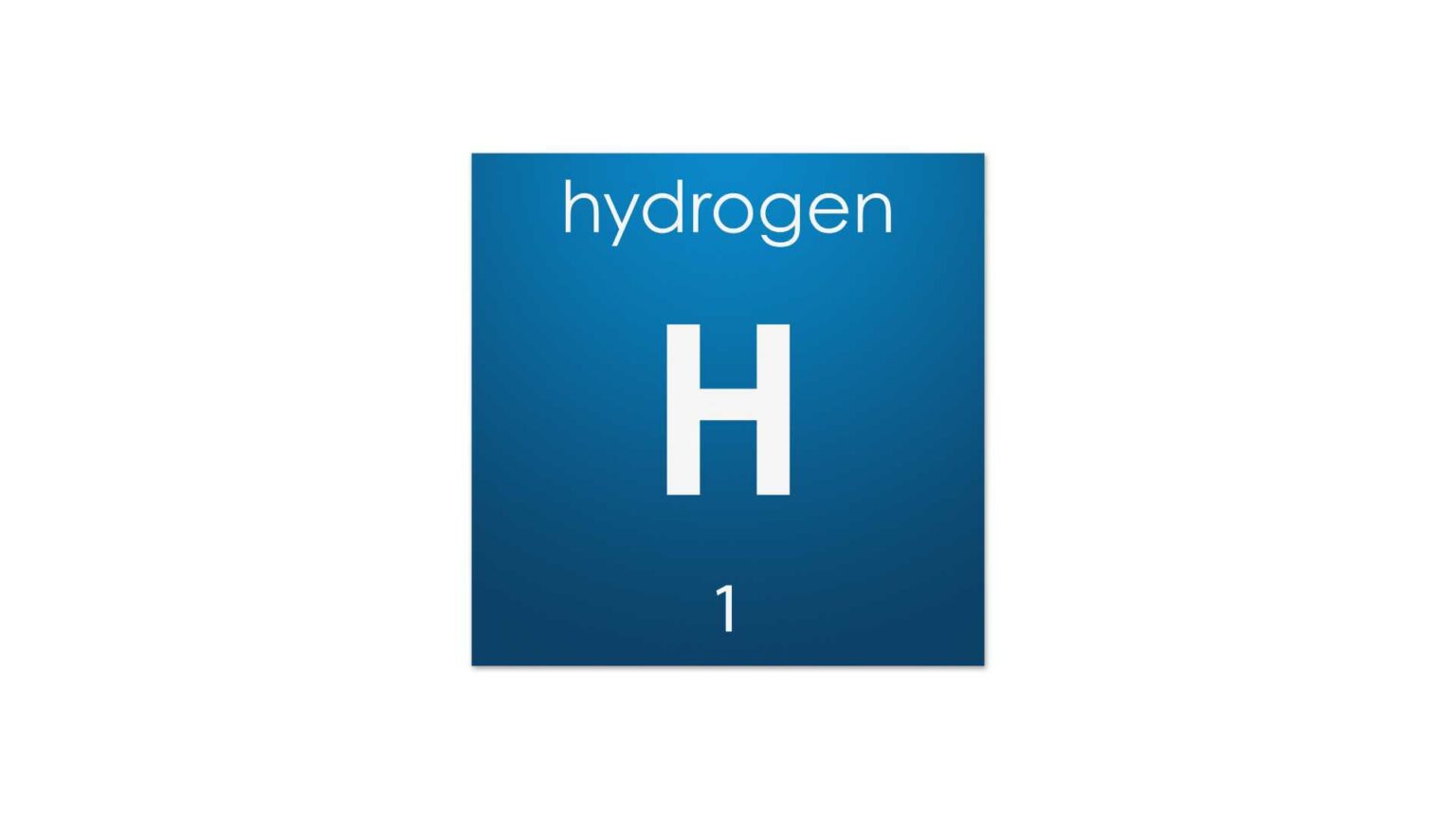Canary Islands have embarked on a groundbreaking journey towards a sustainable and renewable energy future. The archipelago has unveiled the “Biogreenfinery” in Pozo Izquierdo, Gran Canaria, marking a significant milestone as the first 100% renewable biorefinery in this region.
With the invaluable support of the Canary Islands Technological Institute (ITC), the government’s Department of Universities, Science, and Innovation, the Biogreenfinery represents a pivotal step towards local, clean fuel production.
The overarching goal of this visionary biorefinery is to foster sustainable clean fuel production for various modes of transport. The primary focus lies in the creation of green hydrogen for road mobility and synthetic fuels catering to maritime and air navigation. This ambitious endeavor is not only a testament to the Canary Islands’ dedication to sustainability but also a promising step towards reducing their carbon footprint.
Occupying an area of 2,000 square meters, the Biogreenfinery thrives as an independent, off-grid entity. Its operations are powered by an innovative hybrid energy system, comprising a wind-photovoltaic plant and a biodiesel group produced within the same research center. This ingenious setup ensures a self-sustained energy supply for the production of green hydrogen. With a photovoltaic capacity of 325 kW, wind power generation at 100 kW, a 100 kW/400 kWh battery bank, and a 200 kVA biodiesel group, the Biogreenfinery is well-equipped to usher in a sustainable energy era.
At its core, the plant boasts two electrolyzers capable of producing 1 kgH₂/h and 3 kgH₂/h, a nitrogen generator with a capacity of 4.2 kgN₂/h, and a Haber-Bosch reactor. It also includes gas storage systems and a vehicle charging station for hydrogen. The Biogreenfinery is not just a symbol of innovation but a practical venture. It houses two hydrogen cars and a hydrogen fuel cell-powered bus, which will be operated by the Gran Canaria interurban transport company, Global.
The project’s multifaceted approach aims to explore the hydrogen production potential for land transport, including cars, buses, and heavy vehicles. Moreover, it endeavors to produce green ammonia for application in maritime transport, a sector historically resistant to clean energy adaptation. The Canary Islands are also set on creating future biofuels like synthetic kerosene, intended for use in aerial transport.
In the context of the global push for sustainable and carbon-neutral energy solutions, the Canary Islands’ Biogreenfinery stands as an inspiring testament to innovation and a forward-thinking perspective. As the world grapples with the challenges of climate change and the need to transition to clean energy, initiatives like this offer hope and exemplify the potential for greener transportation, from the road to the high seas and the skies.
